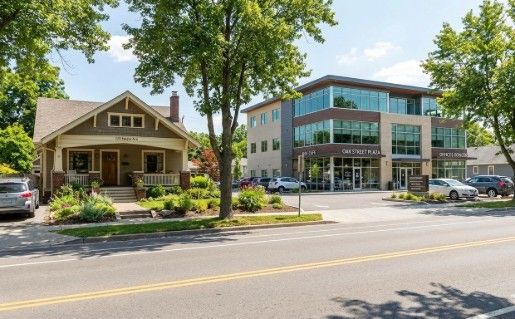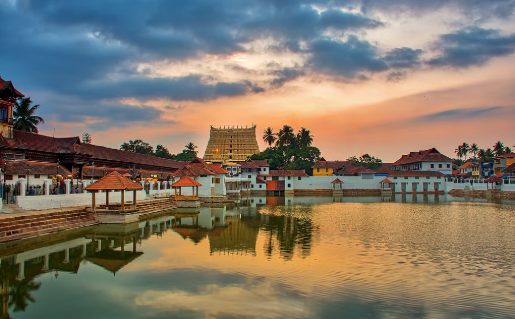In collaboration with the Kerala State Council for Science, Technology, and Environment (KSCSTE) and the Centre for Water Resources Development and Management (CWRDM), Confident Group has completed a successful pilot study on grey water reuse at Confident Phoenix- apartment in Methottuthazham, Kozhikode. This project marks a key step toward sustainable urban living by demonstrating the feasibility of decentralized, on-site water recycling.
At the heart of the study was a simple question: Can we recycle the water we already use? The answer is a clear and resounding yes.
Water used within our households is typically classified into two categories: greywater (from bathrooms, wash basins, and laundry) and blackwater (from toilets). Driven by concerns over water scarcity and inefficient wastewater management, Confident Group partnered with CWRDM to explore sustainable alternatives. The result: a cost-effective, practical grey water reuse system that addresses both conservation and waste discharge.
STP water, especially from toilets- often culturally and hygienically unacceptable to many residents. In unoccupied NRI owned units- can lead to stagnation, odour, and health risks. Hence, the grey water system has been introduced to mitigate these concerns and promote sustainable water use-leading this initiative in collaboration with CWRDM.
Confident Group will formally present the study and its outcomes to the Honourable Chief Minister of Kerala, recommending wider implementation across the state. If adopted at scale, grey water reuse systems can:
This pilot study is more than a one-off project- it’s a scalable model for future-ready urban communities. With proven success and government engagement, grey water reuse can play a vital role in India’s sustainable urbanization efforts.
The project was implemented in March 2025 at Confident Phoenix, a luxury apartment in Kozhikode (Methottuthazham)– a residential complex of 72 residential units with about 396 residents, had double plumbing systems and a 50 KLD STP. These provided the perfect setting for the installation of a decentralized greywater treatment system.
The initial phase of the study was the thorough audit of the water consumption patterns on a daily basis:
This greywater was then divided into:

DISTRIBUTION OF GREY WATER
The categorization was found to be the key. Light greywater, which had much fewer contaminants, was discovered to be perfectly suitable for non-potable reuse. In fact, the whole toilet flushing demand of the community (8,316 liters/day) could easily be satisfied by utilizing only one-third of the produced light greywater.
To provide the safety, acceptability, and homogeneity of the recycled water, several samples were taken from laundry rooms, bathrooms, and kitchens at four different times a day. The test indicated that:

GREY WATER PRODUCTION FROM VARIOUS SOURCES
Considering these results, attention was turned to treating only light greywater for toilet flushing- a daily necessity and a best use site for reclaimed water.
Project success relied on the design of an efficient, discreet, and easily integrable treatment system within current infrastructure. With the guidance of CWRDM, the following five-step decentralized treatment system was used:
The end result was visibly clean, odorless, non-foaming water-appropriate for toilet flushing and indistinguishable from other sources when applied in that use.
The treated greywater underwent stringent post-treatment monitoring. Laboratory tests confirmed impressive reductions in key water quality indicators:
Importantly, the project was implemented with minimal disruption to residents. User feedback was highly positive- there were no complaints regarding odor, coloration, or hygiene in toilets where the treated water was used. The initiative thus proved not only technical success but also social viability.
In operational terms, the greywater reuse system reduced reliance on municipal or borewell water, decreased the load on the existing STP, decreased effluent discharge, and resulted in measurable cost savings for both residents and facility management. Most significantly, the project created a behavioural shift-redefining how urban dwellers perceive and engage with water sustainability.
This initiative at Confident Phoenix is not just a proof of concept-but a tested, working, and
scalable model. By combining scientific rigor with infrastructural vision, we have developed an operational system that can be replicated at other residential complexes, existing or planned.
Encouraged by its success, we are actively integrating greywater reuse practices into the design and operation of future projects of Confident Group. Our architects and engineers now design for water reuse at the initial designing level, while the feasibility of retrofitting is being studied for existing projects.

When you explore real estate properties, you may come across the two main types: residential and commercial. Talking about investments, many people wonder which one of them is a better choic...

Looking for a lifestyle destination in Kerala that balances rich tradition with modernity? Where to explore if not in the capital! Thiruvananthapuram or Trivandrum is a favourite location fo...
Comments